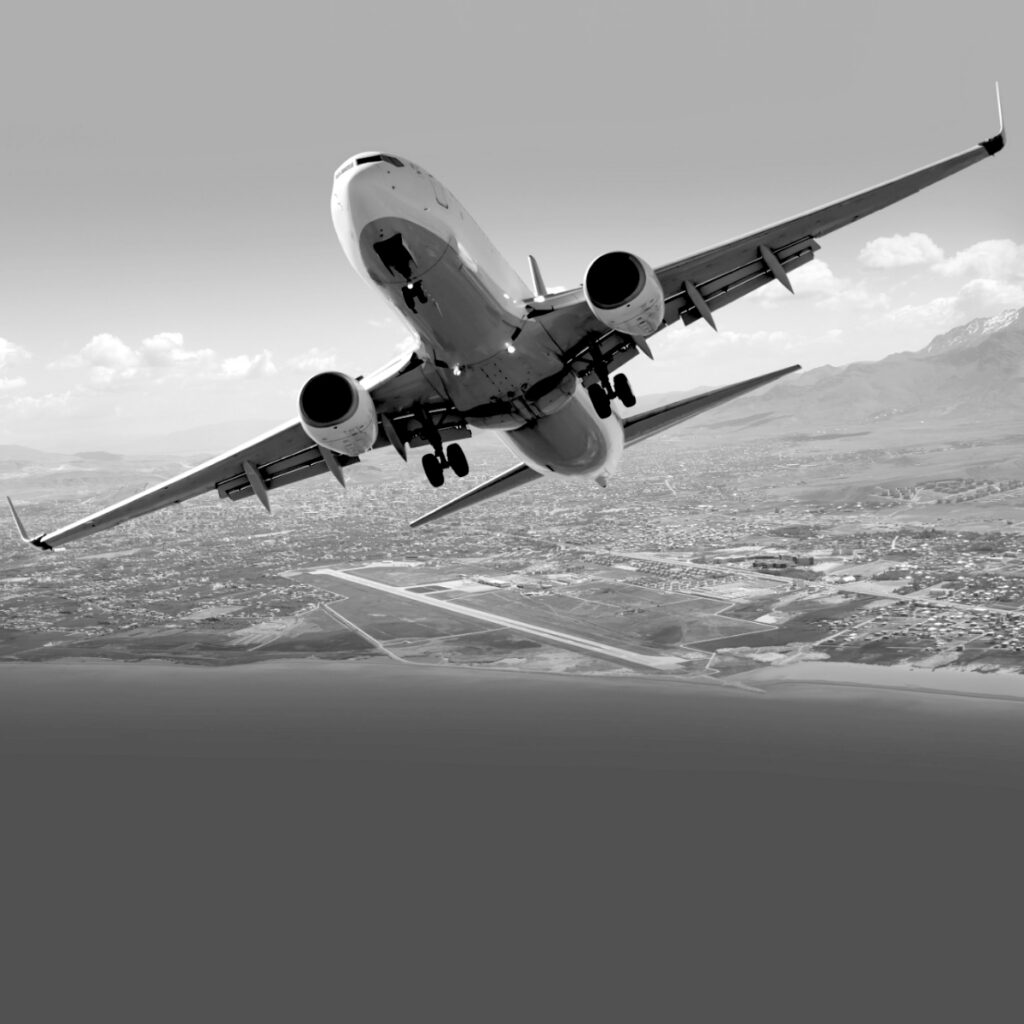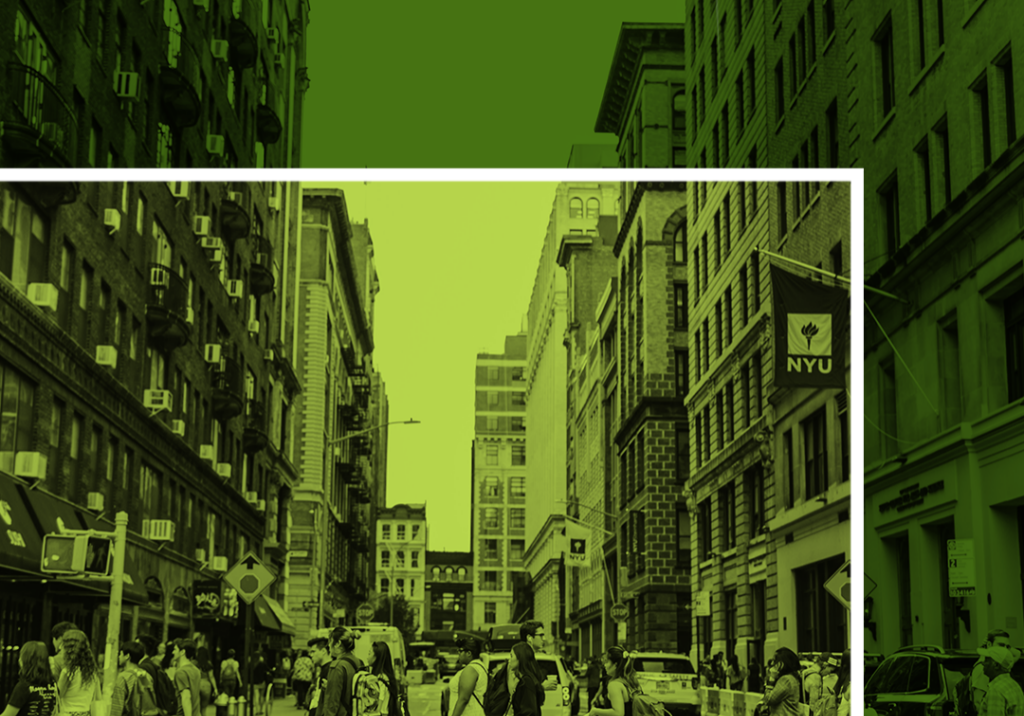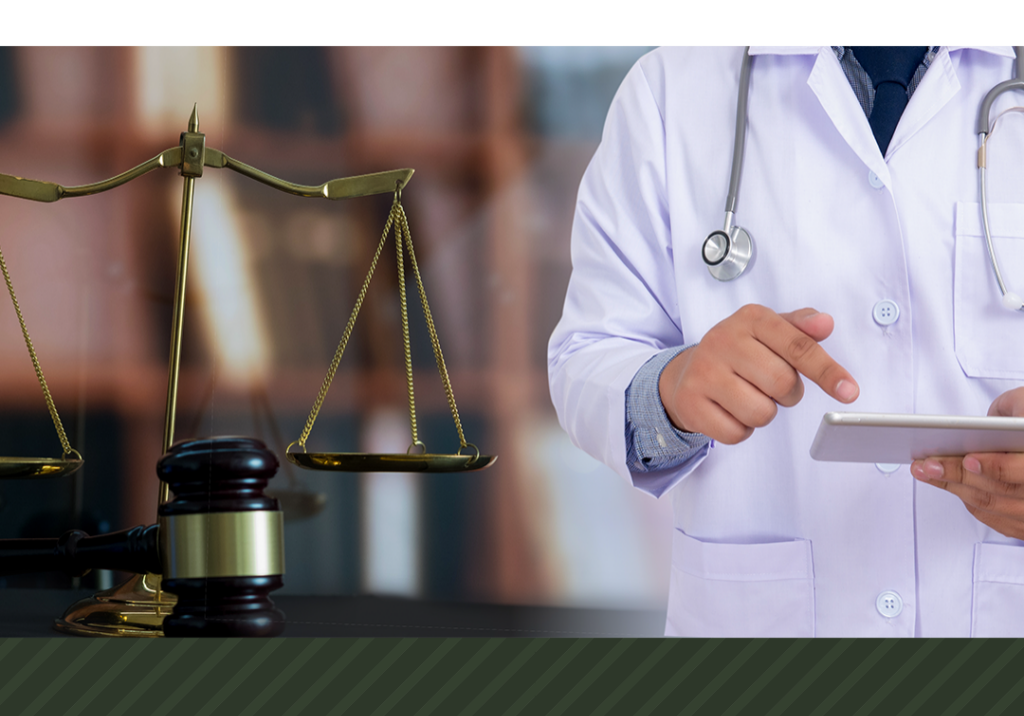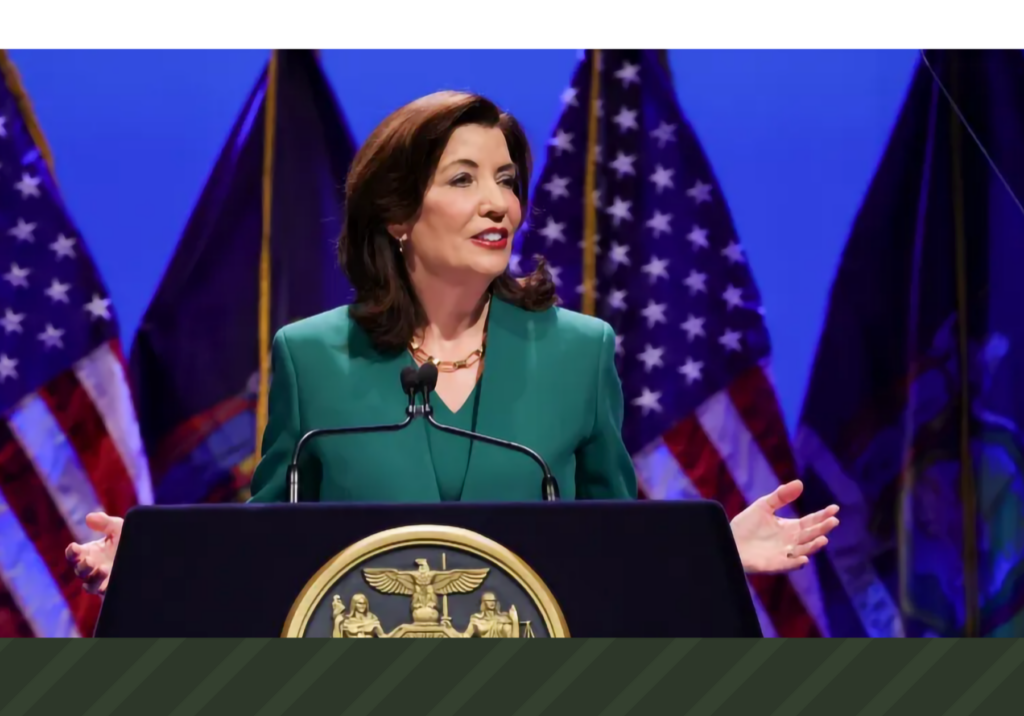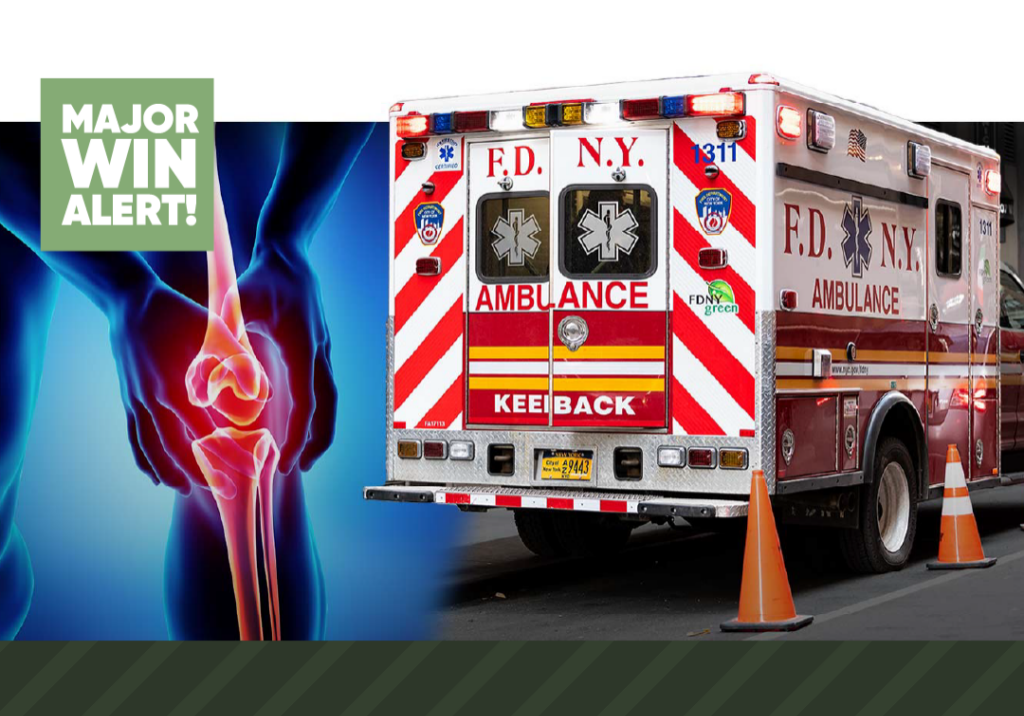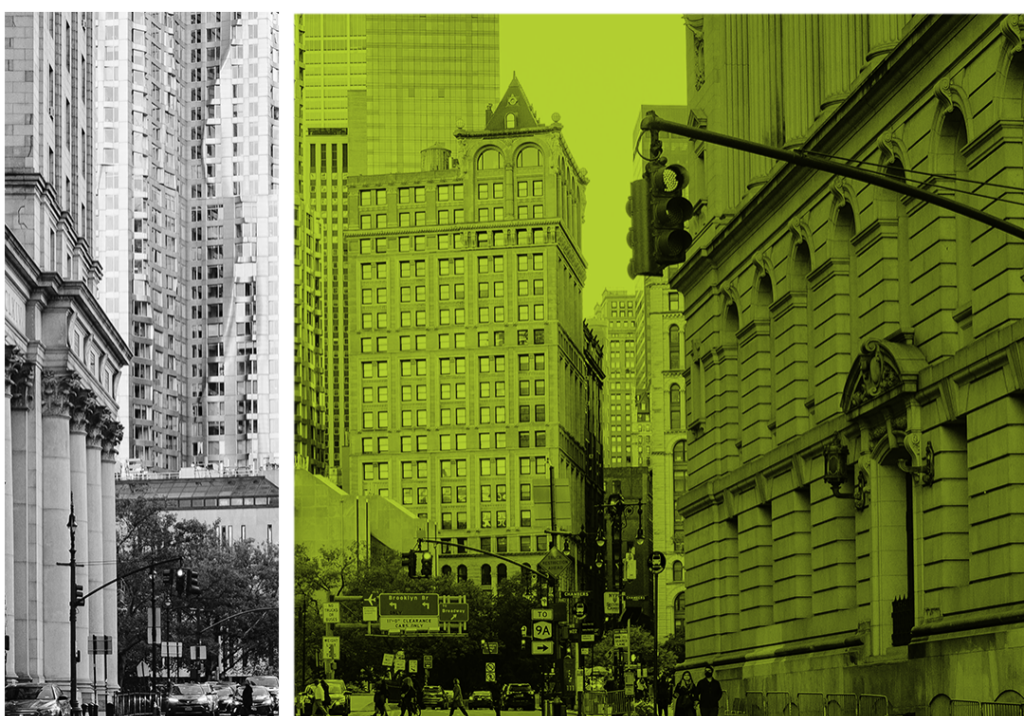As coronavirus spreads throughout the country, the impact the virus will have on the workers’ compensation industry will continue to be studied. A vast array of industries have workers categorized as “essential.” Will these essential workers eventually have a path towards an established workers compensation claim? As it currently stands in New York and New Jersey, there are limitations on what claims would currently give rise to an established COVID-19 claim. Turning to industry specific questions of compensability, we analyze the question of an airline employee’s claim for COVID-19.
There are two different theories in which an airline employee could file a workers’ compensation claim in New York State for diagnosis of COVID-19: as an occupational disease claim and as an accidental claim. For either theory to be successful, the burden is on the claimant to establish a causal relationship between his employment and his disability by competent medical evidence.
According to the CDC, it is likely that more cases of COVID-19 are going to be caused by community spread. The CDC defined community spread as meaning that “people have been infected with the virus in an area, including some who are not sure how or where they became infected.” As more people contract the virus, and less people know how or where they became infected, it will become more difficult for a claimant to show, through competent medical evidence, that there is a causal relationship between their employment and the virus.
For an occupational disease claim-the claimant would also need to prove that the disease arose “from the nature of employment … conditions to which all employees of a class are subject… and attach to that occupation a hazard….” Goldberg v. 954 Marcy Corp., 276 N.Y. 313, 319 (1938).The disease must result from a distinctive feature of the occupation. The claimant must establish a “recognizable link” between this distinctive feature and his condition through competent medical evidence. Matter of Phelan, 126 A.D.3d 1276 (3d Dept. 2015).
An airline employee most likely would not be able to establish COVID-19 as an occupational disease claim. In contrast, some hospital workers have been able to prove that an infectious disease contracted while at work in the hospital is compensable as an occupational disease. This is because a risk of catching a disease may be linked to their duties in dealing with infected patients. Case law has not yet expanded to other industries in this same way. The Board has not found that airline employees have a distinctive feature of their occupation in regards to exposure to disease.
Turning to accidental claims; the claimant would need to show ‘injury’ and ‘personal injury’ arising out of and in the course of employment and such disease or infection as may naturally and unavoidably result therefrom” (WCL 2[7]). “While a compensable accidental injury may either result from a single catastrophic event or develop gradually over a reasonably definite period of time, it must be demonstrated that a specific aspect of the claimant’s workplace was a contributing factor in bringing about the injury” ( Matter of Newton v Sears Roebuck & Co., 293 AD2d 862[2002]. To establish that the accidental injury developed gradually, rather than suddenly, the claimant must “demonstrate by competent medical evidence that [it] resulted from ‘unusual environmental conditions or events assignable to something extraordinary’ at his workplace” ( Matter of Mazayoff v A.C.V.L. Cos., Inc., 53 AD3d 890 [2008], quoting Matter of Harrington v Whitford Co., 302 AD2d 645 (2003), quoting Matter of
Johannesen v New York City Dept. of Hous. Preserv. & Dev., 84 NY2d 129 [1994]).
The NY Workers’ Compensation Board could possibly find that the COVID-19 pandemic is “something extraordinary;” however, this finding would not relieve the claimant of the requirement of bringing forth competent medical evidence specifically diagnosing the claimant with COVID-19. Additionally, the Board will most likely find that the claimant would still need to prove specific and direct exposure to COVID-19 while at work. In a review of Board Panel decisions throughout the years, there is a lack of case law specifically dealing with airline workers and infectious/communicable disease spread while in the course of employment. While these are unprecedented times, we do believe that each airline COVID-19 case should be taken on a case-by-case basis with the majority of the claims most likely disallowed for lack of specific medical evidence and direct and specific proof of contact and exposure to individuals diagnosed with COVID-19.
New Jersey:
Under the New Jersey Workers’ Compensation Statute, an injury is either classified as a single accident, sustaining a permanent partial (or total) disability, or an occupational disease.
N.J.S.A. 34:15-36 defines permanent partial disability and explicitly notes, “Injuries such as minor lacerations, minor contusions, minor sprains, and scars which do not constitute significant permanent disfigurement, and occupational disease of a minor nature such as mild dermatitis and mild bronchitis shall not constitute permanent disability within the meaning of this definition.” For many of the individuals afflicted, COVID-19 presents as a minor respiratory infection. The definition of permanent partial disability suggests that in those instances, COVID-19 would not be compensable. As such, an airline employee who claims COVID-19 exposure, but only manifests minor symptoms would have difficulty maintaining a workers’ compensation action.
There is also a provision for compensable occupational diseases contained in the New Jersey Workers’ Compensation Statute. Therein, a disease is deemed compensable if it arises out of or in the course of employment and is due to a material degree of causes and conditions which are characteristic of a place of employment or are peculiar to a certain trade. See N.J.S.A 34:15-31. A single, isolated case of COVID-19 would be difficult to prove. A petitioner most likely would not be able to prove that COVID-19 was caused by a characteristic of his or her work, given the virus can be caught in the general public. The occupational exposure claims are often occur as a result of exposure over a period of time, rather than a single event. In the context of the airline industry, this would also be difficult for an employee to prove. Particularly when faced with a pandemic.
The New Jersey Workers’ Compensation Statute and case law demonstrates an absence of evidence to support the compensability of claims for infectious disease during times of a pandemic. There is, however, an exception for emergency service workers. Emergency service workers are defined under N.J.S.A. 34:15-31.4. Airline workers would not fall under these provisions. The provisions of the statutes outlining exceptions for emergency service workers are just that, exceptions to the workers’ compensation statute. While emergency service workers may be able to establish claims for exposure to infectious diseases, the statute exception was designed to provide protections to individuals on the front lines of illness exposure.


